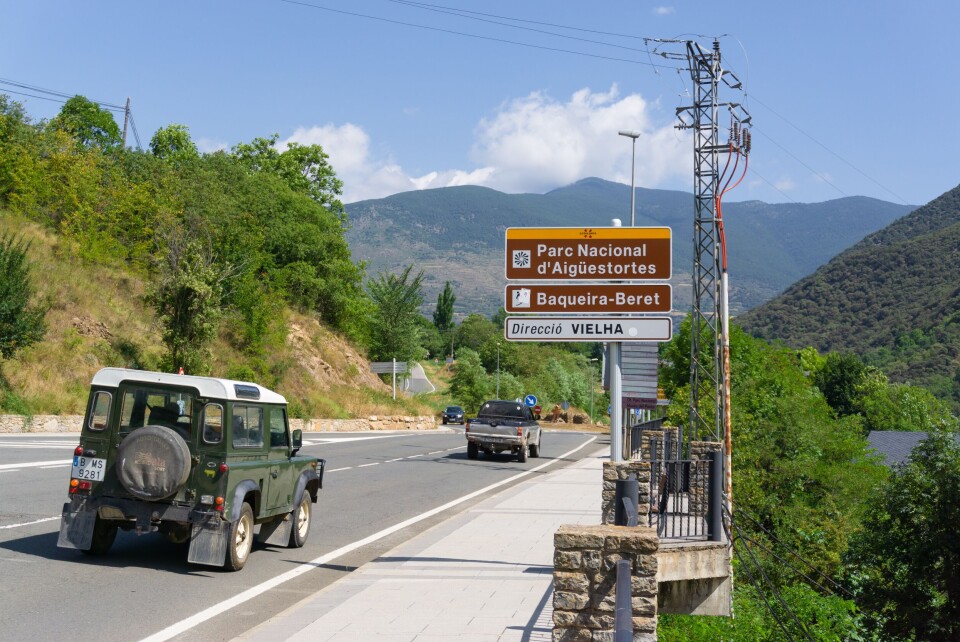-
Occitanie copper phase-out ramps up – how it will affect residents
There are some simple steps you can take to prepare for the switchoff
-
Which cars are stolen the most in France and why?
Perhaps surprisingly, the higher-end vehicles are not the most targeted
-
Several wolf sightings in centre of Frejus, Var
Rules have been relaxed around shooting wolves that threaten livestock
Driving in Europe? These 20 countries send speeding fines to France
France is in discussion to extend this also to the UK via a bilateral agreement

[Update July 21 at 13:55 - A reader has also reported having a fine arrive at his French address from Bulgaria.]
Additional countries in the European Union have signed an agreement with France in recent years that will mean drivers who commit road offences in those countries will be pursued to pay the fine, even after they return home.
As summer continues, more drivers are likely to take to the roads over long distances for holidays, pushing the risk of cross-country speeding fines even higher.
Since March 11, 2015, an EU directive has enabled the exchange of road infraction information between member states. These include details on speeding, running red lights, driving when drunk or drugged, and failing to wear a seatbelt (or a helmet for motorcyclists).
A driver who is resident in France and who is identified as committing such an offence in a country with this agreement, can therefore be pursued to pay up even after they return home.
Yet, while fines must still be paid, drivers from France will not lose points from their licence, in contrast to if they had committed the offence at home.
The agreement is reciprocal, so also applies to drivers from other agreement countries when they are in France.
More countries have now signed the agreement.
In 2015, it applied to:
- France
- Germany
- Belgium
- Spain
- Netherlands
- Poland
- Romania
In 2016, it added:
- Austria
- Italy
- Luxembourg
In 2017, the list added:
- Hungary
- Portugal
- Czech Republic
- Slovakia
In 2018, these countries joined:
- Estonia
- Latvia
- Lithuania
In 2019, these were added:
- Ireland
- Sweden
In 2020, Denmark joined, bringing the total number to 20.
Although it is not part of the EU, the rules also apply to Switzerland, as it has signed its own bilateral agreement with France.
There is no longer a reciprocal agreement between France and the UK since Brexit.
The French government has said that it would be open to signing a bilateral agreement with the country in the same way as it has with Switzerland, but discussions on the matter have not yet concluded.
This is despite drivers from Britain being the third-most likely globally to commit a driving offence when on the roads in France, show figures from l’Agence nationale de traitement des infractions (ANTAI). There were 210,464 offences recorded by people from Britain in 2020.
Read more: Speeding fine in France: Do I need to swap from UK to French licence?
If you receive a fine for an offence committed in another country, you are advised to pay it as soon as possible, as cross-country fees may be higher, and could increase rapidly the longer the ticket remains unpaid.
Extra fees can also be charged if, for example, you committed the offence while driving a hire car. The car rental company may debit your card for the fine, and add a fee on top. Fees can be as high as €50.
If you are stopped by police abroad for speeding, they may also have the authority to impound your car until you pay the fine.
Related articles
How to contest a driving or speeding fine in France
€400 fines for speeding drivers in France who pass penalty on
























